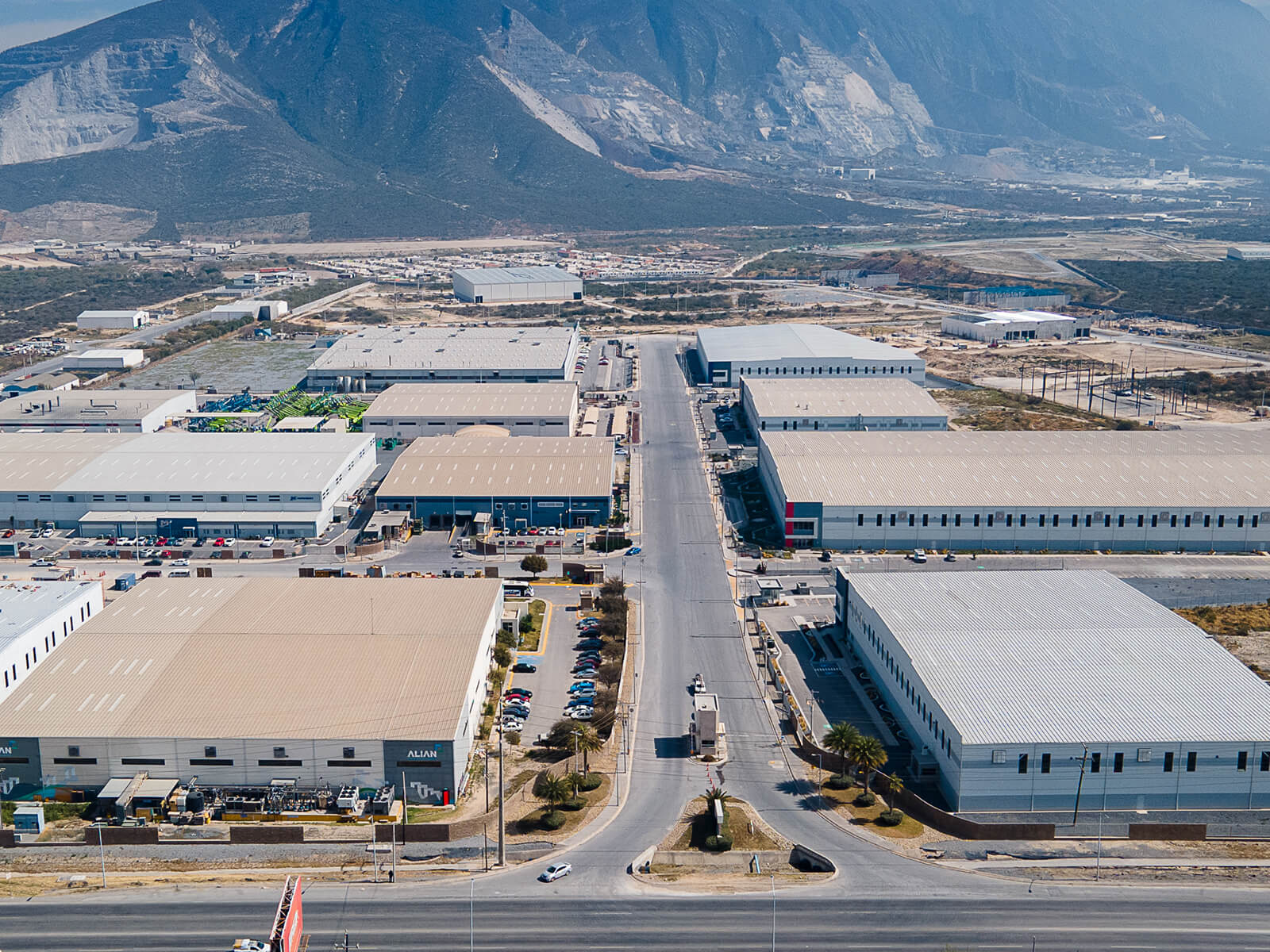In industrial parks, supplier management takes on particular importance due to the complexity and volume of operations that take place there. These parks are production hubs where efficiency, coordination, and punctuality are essential for success. Supplier management in this context involves not only the timely acquisition of goods and services but also ensuring that they meet the quality and sustainability standards demanded by the industry.
Global competition and the demand for high-quality products force companies to optimize all aspects of their supply chain. This includes close collaboration with suppliers to improve processes, reduce costs, and minimize risks associated with supply chain disruption. Proper supplier management not only enhances operational efficiency but can also be a key factor for innovation and the development of new products.

Importance of supplier management
Supplier management is vital to ensure the uninterrupted supply of materials and services essential for the daily operations of any company. In a highly competitive market, where customer expectations and quality standards are increasingly high, good supplier management can be a key differentiator.
Benefits of efficient management
Cost reduction: A strategic approach to supplier management allows for better commercial terms, including lower prices and more flexible payment terms. Additionally, by consolidating purchases and establishing long-term relationships, companies can gain volume discounts and improve their bargaining power.
Quality improvement: Working closely with suppliers to ensure they understand and meet the company’s quality standards is crucial. This not only ensures consistency in products but also prevents quality issues that could be costly in the long term.
Risk minimization: Continuously evaluating and monitoring suppliers allows companies to identify potential risks before they materialize. This includes financial, compliance, logistical, and operational risks. Having a clear understanding of these risks enables companies to take proactive measures to mitigate them.
Supplier evaluation
Supplier evaluation is a critical process that goes beyond initial selection. It involves a thorough review of various factors to ensure that suppliers can consistently meet the company’s requirements. Evaluation should not only be conducted at the start of the relationship but also continuously to adapt to market changes or changes in the supplier’s capabilities.
Key factors in supplier evaluation
Production capacity: It is essential to assess whether the supplier has sufficient production capacity to meet demand in terms of quantity and quality. This includes reviewing their facilities, manufacturing processes, and technological capabilities.
Regulatory compliance: Suppliers must comply with all applicable local and international regulations. This may include environmental, safety, labor, and quality standards. Non-compliance can result in legal penalties and damage to the company’s reputation.
Performance: Evaluating the supplier’s performance history, including their ability to meet delivery deadlines, product quality, and customer service, provides a clear picture of their reliability. It is useful to gather historical data and references from other clients to get a more complete perspective.
Operational risk in supplier evaluation
Operational risk refers to the possibility that a supplier may not meet their commitments due to factors that could affect their operations. These factors may include financial problems, natural disasters, regulatory changes, or internal issues such as labor strikes.
Strategies to mitigate operational risks
Supplier diversification: Not relying on a single supplier for critical supplies can significantly reduce the risk of disruptions. It is advisable to have a network of alternative suppliers who can step in if one fails.
Clear and detailed contracts: Establish solid contracts with specific clauses that define each party’s responsibilities, delivery terms, penalties for non-compliance, and dispute resolution mechanisms.
Continuous monitoring: Implement monitoring systems to regularly assess supplier performance. This includes conducting audits, quality reviews, and financial risk assessments to ensure that suppliers continue to meet established standards.
Example of supplier evaluation
Consider, for example, a manufacturing company in an industrial park that needs to evaluate a new supplier of critical raw materials. The evaluation process could include:
Review of production capacity: Assess whether the supplier can handle the required volume and if they have the necessary infrastructure to scale production in response to demand changes.
Regulatory compliance audit: Verify that the supplier complies with all relevant regulations, including quality, safety, and environmental certifications. This audit may include on-site visits and documentation reviews.
Financial analysis: Review the supplier’s financial health, including financial statements, credit history, and bank references. This is crucial to ensure the supplier has the stability needed to meet long-term obligations.
Reference check: Contact other clients of the supplier to obtain information on their performance, reliability, and responsiveness. This provides an external and unbiased view of the experience of working with the supplier.
Best practices in supplier management
Implementing best practices in supplier management not only helps maintain an efficient supply chain but also strengthens business relationships and promotes innovation. These practices may include:
Collaborative relationships: Fostering a collaborative relationship with suppliers based on open communication and transparency can lead to improvements in quality, innovation, and operational efficiency. This involves working together on product development initiatives, process improvement, and problem-solving.
Investments in technology: Utilizing software tools for supplier management facilitates performance tracking, communication, and risk management. These tools can include contract management platforms, supplier portals, and quality monitoring systems.
Training and development: Offering training and development programs for suppliers can help improve their ability to meet the company’s requirements. This can include training in new technologies, quality standards, and sustainable practices.
Feedback: Providing regular feedback to suppliers on their performance and areas for improvement is essential for a healthy business relationship. This not only helps suppliers understand and meet the company’s expectations but also fosters a culture of continuous improvement.
Supplier management is a fundamental aspect of success in industrial parks and any production environment. By carefully evaluating and selecting suppliers, managing operational risks, and adopting best practices, companies can significantly improve their efficiency, reduce costs, and strengthen business relationships. These efforts not only ensure a more robust and resilient supply chain but also promote an environment of innovation and collaboration that is crucial for sustainable long-term growth. Follow us to discover more about current industry topics.
